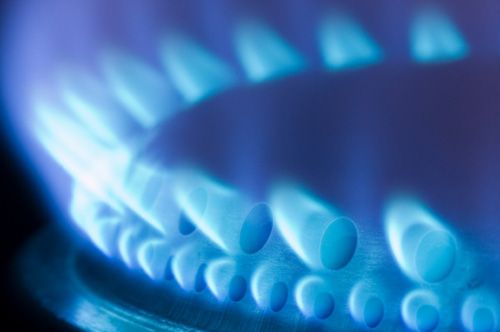

Research commissioned by the Gas Industry Safety Group (GISG) and the Institution of Gas Engineers & Managers (IGEM) has found an alarming disparity in the level of training provided to gas engineer students in the UK, potentially leading to unsafe practices.
The work was undertaken in light of an increase in unsafe gas work from recently qualified engineers, with volumes up from one per cent to five per cent (Gas Safe Register). This has lead to growing concerns that some training appears to focus on passing assessments rather than really testing job competency.
The research involving in-depth interviews with newly qualified gas engineers included questions relating to course lengths, theory and practical components in course content, assessments, industry placements and mentoring opportunities.
The research revealed particular unease expressed by some interviewees that training had been too short, particularly for those with no prior experience.
Concerns were also raised about the apparent willingness of some training establishments to keep training failing students until they passed the assessments, regardless of how many attempts taken to gain the qualification and with little apparent regard for the students’ ability to fulfill the essential competency requirements.
Chris Bielby, chairman of the GISG, said: “The GISG is shocked and disappointed by these research findings as they highlight a fundamental flaw in the gas industry which ultimately, could affect the safety of customers. We are specifically concerned about the discrepancy in course durations, the certifications of very short courses, the imbalance between theory and practical course content, and differences in pass and fail criteria between some training colleges.
“It is paramount that we as an industry work together to ensure high standards of gas engineer training and capability are upheld across the country. We call on the government and industry to undertake a review to establish minimum standards of training across all gas engineer training programmes.”
Ian McCluskey, head of technical services at IGEM, said: “IGEM is disappointed by the findings of the research and is concerned by the apparent lack of consistency in the standards of training in the industry. IGEM published IGEM/IG/1 Standards of training in gas work in 2014 and IGEM/IG/1 Supplement 1 Non-domestic training specification in 2016 covering requirements for new entrants, which have not yet been implemented by the industry. As the professional body for the gas industry we are committed to ensuring that all training meets the necessary standards and that engineers are competent to carry out their role.
“This research highlights the need for the gas industry to now come together and ensure there is a robust system in place which will create a level playing field and put an end to these poor practices.”
